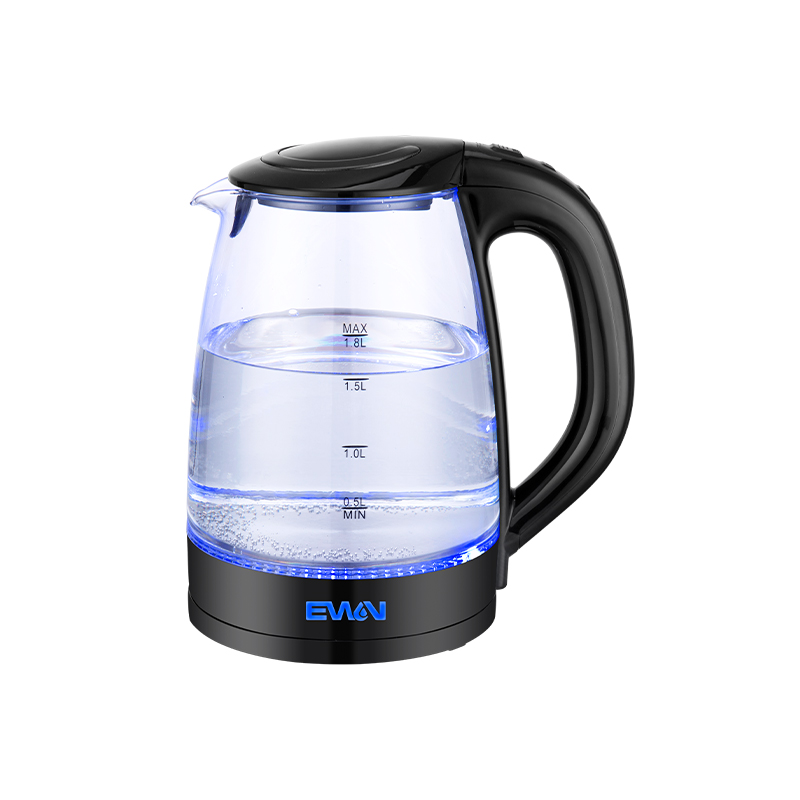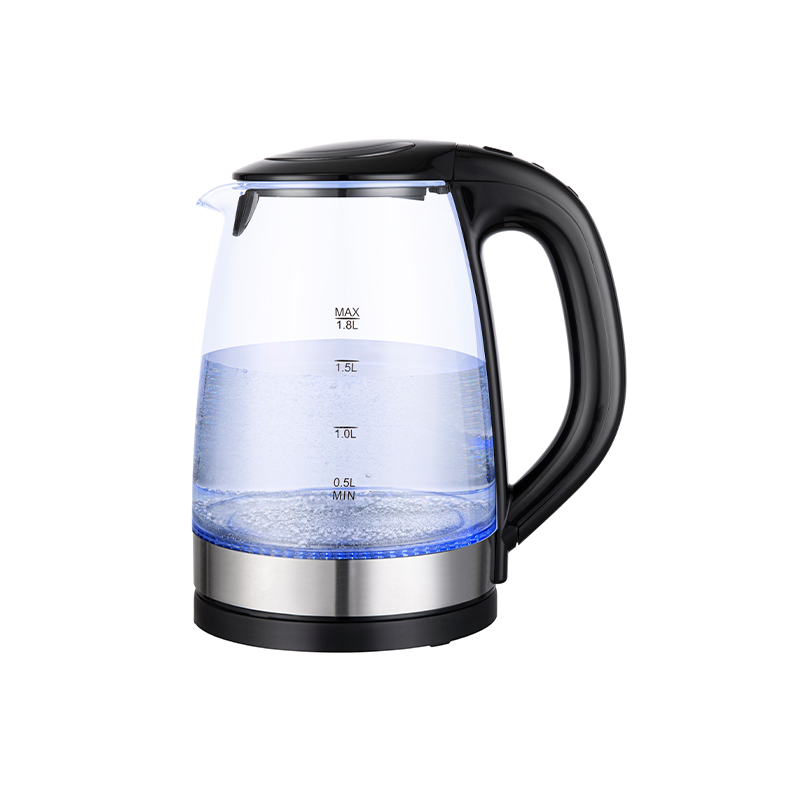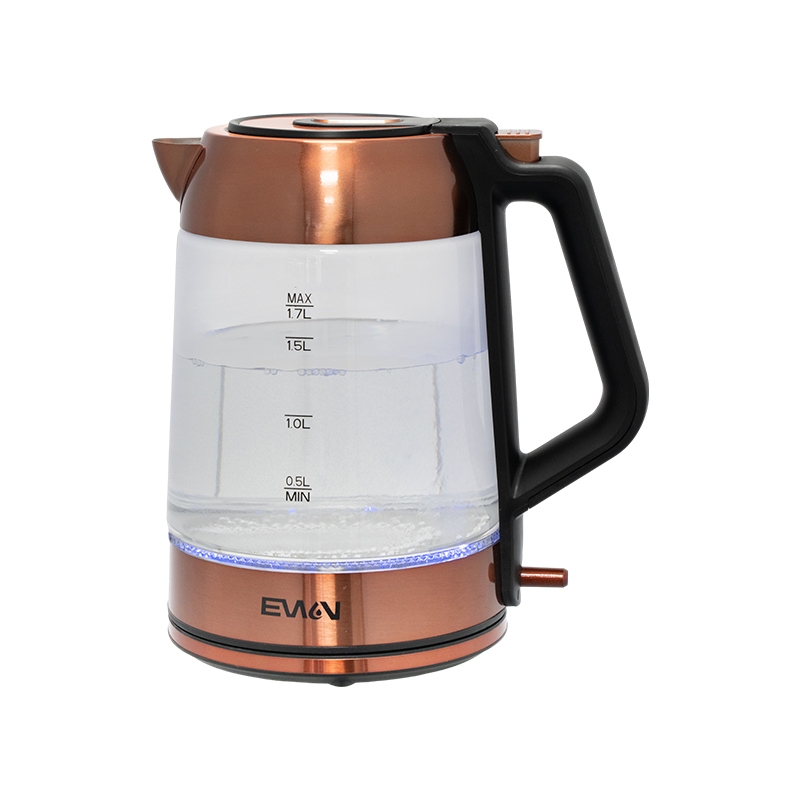+86-18667862027
Web Menu
Product Search
Exit Menu
Do plastic kettles show signs of wear and tear over time?
Plastic electric kettles, like any household appliance, can indeed show signs of wear and tear over time, especially with regular use and exposure to heat. The most noticeable issue is discoloration, which occurs as the plastic is exposed to high temperatures and repeated contact with hot water. The plastic may start to fade, develop yellowing around the spout, or become cloudy, which can be unsightly and a sign of the material degrading. Over time, this discoloration may worsen if the kettle is not cleaned regularly or if it’s exposed to hard water, which can leave mineral deposits that are hard to remove.
In addition to discoloration, plastic electric kettles are also prone to developing scratches and dents on the surface. These marks can result from regular handling, where the kettle is bumped, dropped, or scraped against surfaces. While scratches might not affect the function of the kettle immediately, they can cause rough surfaces that accumulate dirt or grime, making the kettle harder to clean. Scratches can also weaken the integrity of the plastic, leading to cracks or splits over time.
Plastic kettles can also suffer from warping. The base, lid, or even the handle can deform after prolonged exposure to heat, especially if the kettle is not used according to manufacturer instructions. Warping can affect the kettle’s lid or spout, making it harder to close securely or pour the water without spills. The plastic can become increasingly flimsy, leading to discomfort or even danger when handling a kettle that has lost its structural integrity.
Another major issue is that the plastic may degrade in terms of its strength and flexibility. Over time, with consistent exposure to boiling water, the plastic may become brittle and lose its resilience, especially if the kettle is made from lower-quality materials. This could cause the plastic to crack or break under pressure. For example, if the kettle is dropped or knocked over, a brittle plastic material may shatter more easily than sturdier alternatives like stainless steel.
Plastic electric kettles can also develop a lingering odor or taste. This is particularly common in kettles that aren’t cleaned regularly or have been used for a long period without descaling. The plastic itself may absorb smells from the hot water or any mineral deposits left behind. This odor can sometimes transfer to the water, giving it an unpleasant plastic taste, especially when the kettle is boiled after a long period of non-use.
Another area to consider is the kettle’s safety. As plastic degrades over time, it can become a health hazard. Low-quality plastics or kettles that have been overused may begin to leach chemicals such as BPA (Bisphenol A), a compound often found in plastics. While many modern kettles are BPA-free, older models or lower-quality plastics may still pose a risk, especially as the material ages and weakens.
address
No.935 Qiye Road, Zhouxiang Town, Cixi City, Zhejiang Province, China
Sale’s Email
leila@nbewin.com
sales8@nbewin.com
sales9@nbewin.com
Copyrighte Ningbo Ewin Electrical Appliances Co., Ltd. All Rights Reserved.












